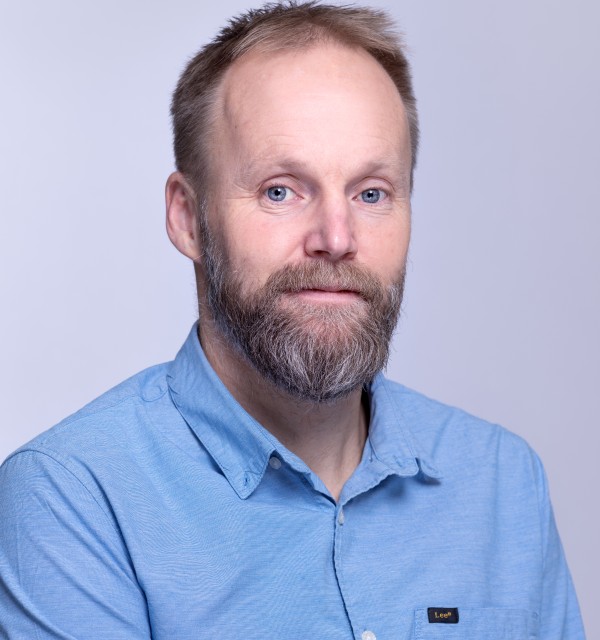This research program area is aimed at preparing better graduate and postgraduate candidates.
A multi-faculty Research Program Area on Doctoral Supervision
2018-2021
14
2
3
Our ambition is to contribute with theoretical knowledge, practice interventions and evaluation procedures to enable a higher quality of supervision and doctoral education studies both nationally and internationally.
About
The overall aim of the research activities of the members of this multi-faculty Research Program Area, is to contribute with theoretical and empirical knowledge about doctoral research supervision as both a theoretical and a practical activity. The societal changes require a better prepared workforce of graduate and postgraduate candidates that can make necessary changes in their own knowledge and skills to meet the present-day and future challenges. Our activities are aimed at preparing better graduate and postgraduate candidates. The two main areas of interest that our group will concentrate on are:
Doctoral supervision in higher educational establishments
Relevance, efficiency, supervisor development, the generation of knowledge and transferrable skills, and production of case study materials.
Research activities in the first area will focus on relevance of PhD education, efficiency of production (including reviewing completion rates and time to degree), supervisor development (including beginners and very experienced supervisors), the generation of knowledge and transferrable skills and the production of case study materials to be used in the development of future collaborative doctoral research programmes.
Supervision of professional doctorates: theory, practice, and the impact of interventions
Establishing collaborative networks of doctoral supervisors.
We want to establish collaborative networks of doctoral supervisors where public sector, corporate, industrial employers and academics work together to establish and improve the effectiveness of PhD graduates. By working together, co-supervisors from both academic and non-academic sectors will be able to provide rich, integrated, creative and rigorous support for doctoral researchers.
Projects
ISPAS: Paths to Successful Innovation
By developing a new joint curriculum of PhD courses, candidates will be better equipped in areas of innovation and science.

The ISPAS project addresses the recommendations expressed in the EU’s New Skills Agenda and Modernisation Agenda. The recommandations are related to reinforcing tools, resources, and guidance in education, training, employment, and other learning settings to support people in managing their lifelong learning pathways. In the case of ISPAS, our proposed activities are aimed to support PhD candidates. Basing on the collaboration between academic and non-academic partners from Italy, Spain, Bulgaria, and Norway, ISPAS’ overall objective is to develop a new joint curriculum of PhD courses. The curriculum will take place in both academic and non-academic surroundings to equip PhD candidates from the STEM Sciences, Medical Sciences, Social Sciences, Arts and Humanities with competences and skills in the areas of open innovation and open science. This will facilitate PhD candidates’ employment after graduation in and outside of academia.
The leader of the project is Mikhail Gradovski. Project page: ISPAS: Paths to Successful Innovation
Research group, UiS staff
Dr. Janet Carton (Dublin University College, Ireland)
Professor Bente Vatne (University College of Volda, Norway)
Professor Gina Wisker (University of Bath, UK)
Professor Trine Fossland (University of Tromsø, Norway)
Professor Peter Rule (Stellenbosch University, South Africa)
Professor Emerita Gill Robinson (Anglia Ruskin University, UK)





